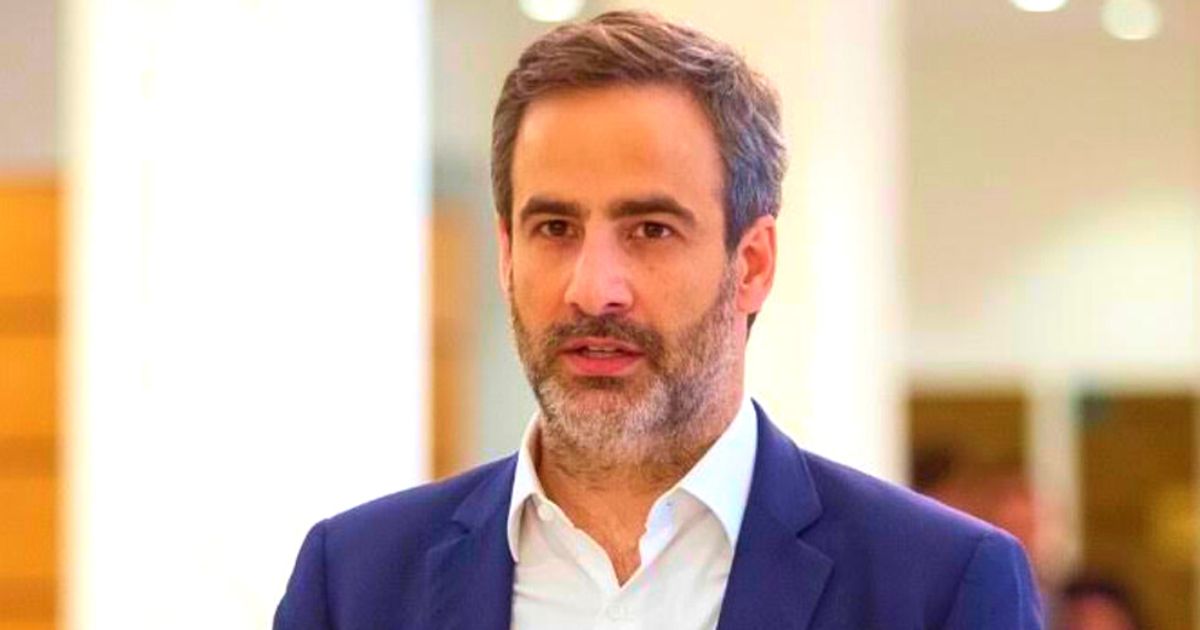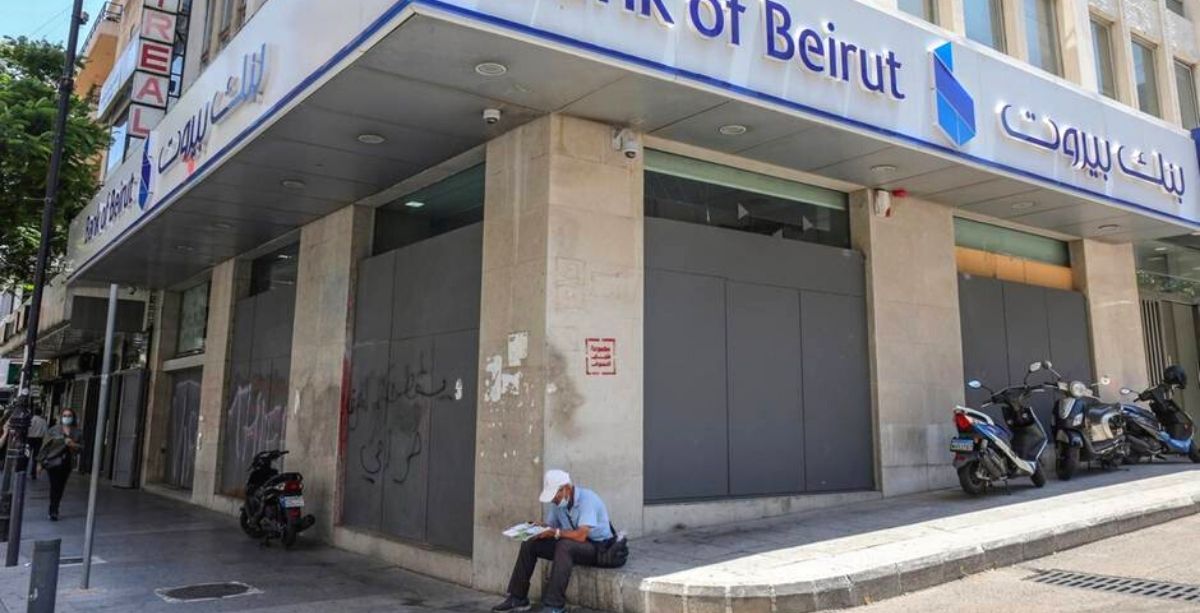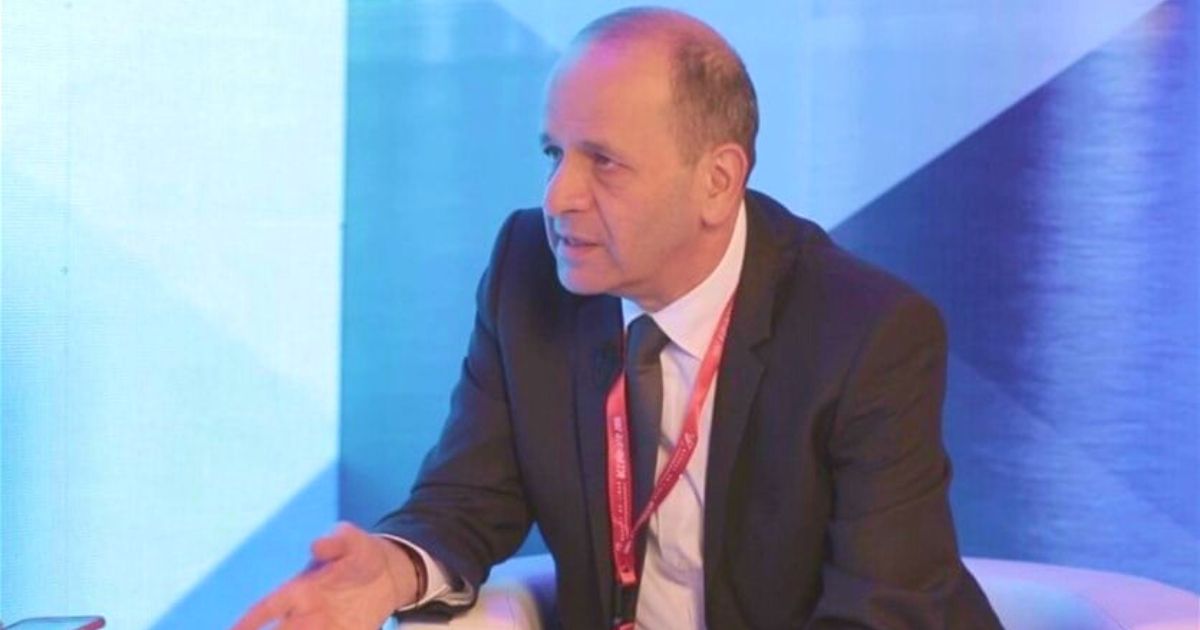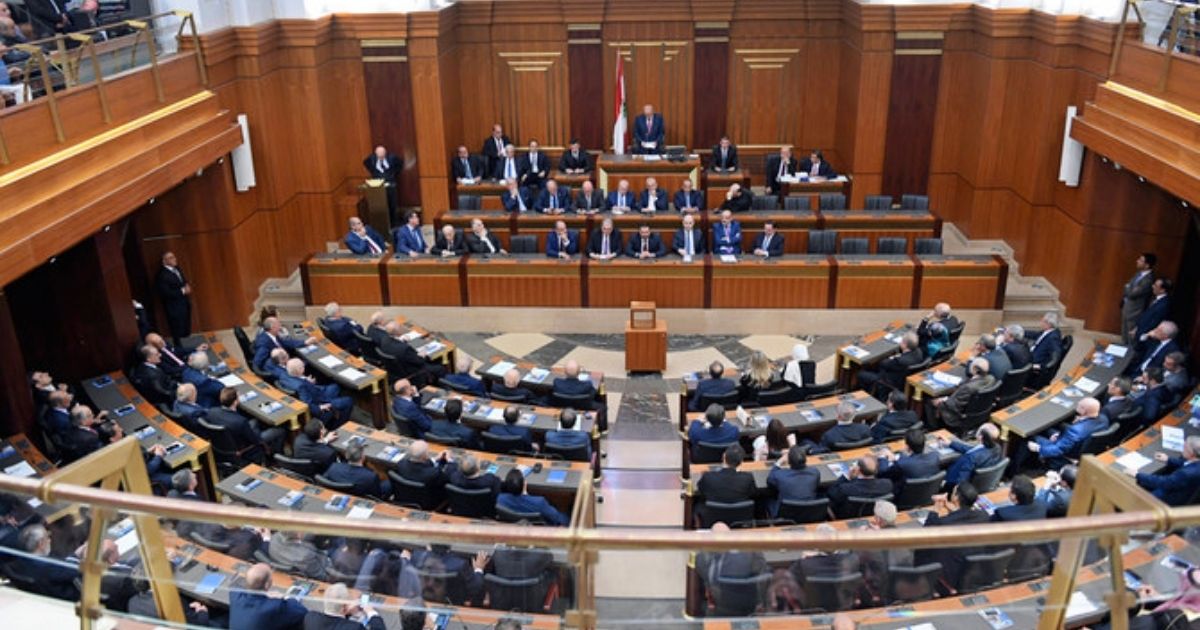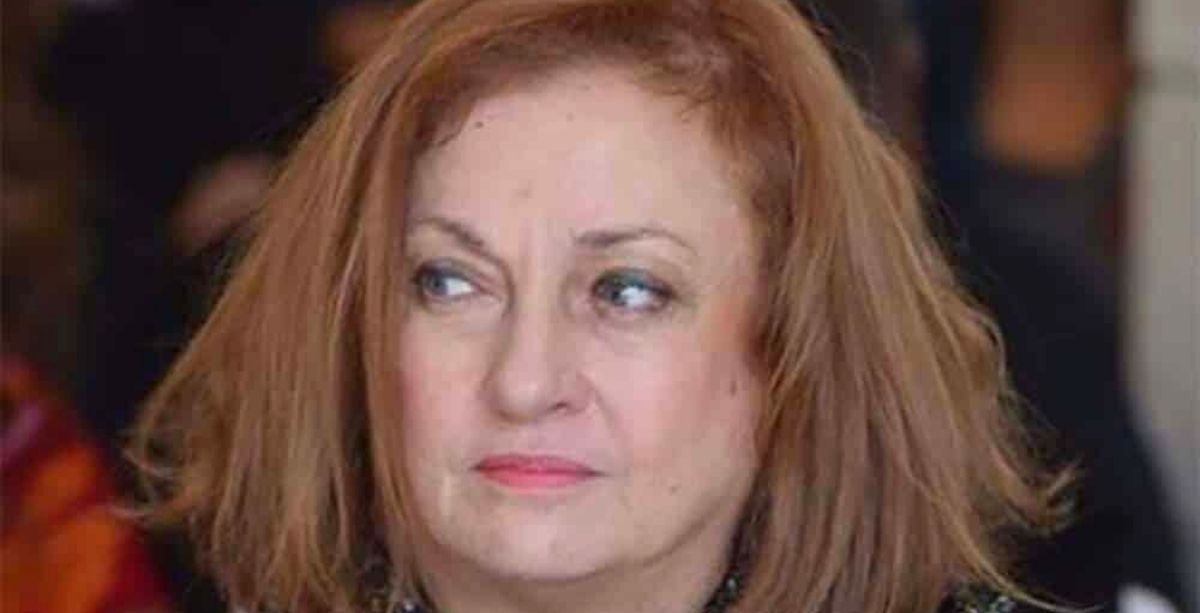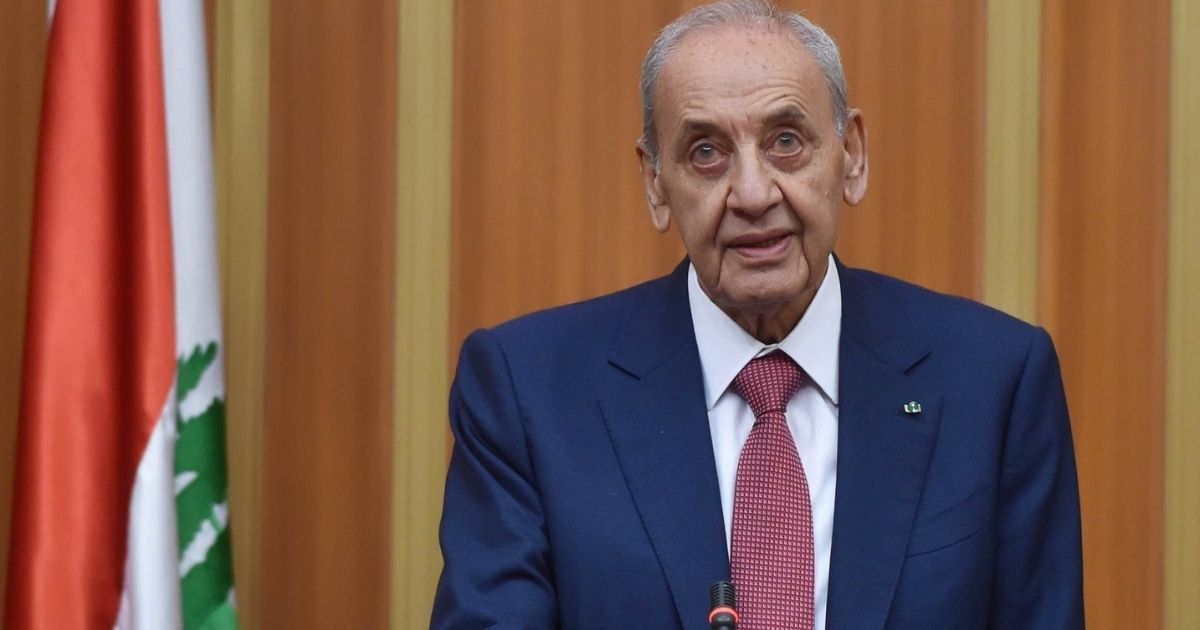Just last week, Speaker of the Lebanese Parliament Nabih Berri confirmed that the owners of five major Lebanese banks transferred funds worth 2.3 billion dollars abroad amid an escalating crisis and limits on transfers and cash withdrawals.
And just days ago, the Chairman of the Banking Control Commission of Lebanon (BCCL), Samir Hammoud, has publically responded to Speaker Nabih Berri’s statement in Naharnet’s latest report.
On February 7th, 2020, Hammoud publically told the press that all Lebanese banks, not just five of them, have transferred a total of $2.3 billion to banks in Switzerland after the October 17th uprising.
He was quoted by saying: “Reports that owners of five Lebanese banks have transferred $2.3 billion are inaccurate. According to our information, the entire Lebanese banks, not just five of them, have sent funds equivalent to that amount to Swiss banks between October 17th, 2019, and January 10th, 2020.”
He further added that the Banking Control Commission of Lebanon is well aware of the total amounts transferred to Switzerland, but the committee does not have the legal right to request the names of the owners of these accounts. He stressed that there were no “known” names at all.
Just to refresh everyone’s memory on this: During his weekly Ain el-Tineh meeting with lawmakers, Speaker Berri stated in his speech that he managed to “confirm” that the owners of five of Lebanon’s major banks have been able to send their “personal money” abroad, estimated at $2.3 billion.
This, Berri stressed, took place amid the informal capital controls that have been imposed on depositors since the beginning of the Lebanese revolution late last year.
Different numbers and accusations have floated around since the beginning of Lebanon’s economic downfall.
These allegations of transfers made by bank owners come just one month after it was confirmed that Lebanese politicians transferred billions of dollars of their money to Switzerland.
The figure was estimated to be $6 billion and $6.5 billion. As the average depositor seems to be the only one hurt today and every day, limits on depositors’ withdrawal from ATMs and over the counter are increasing by the day.


